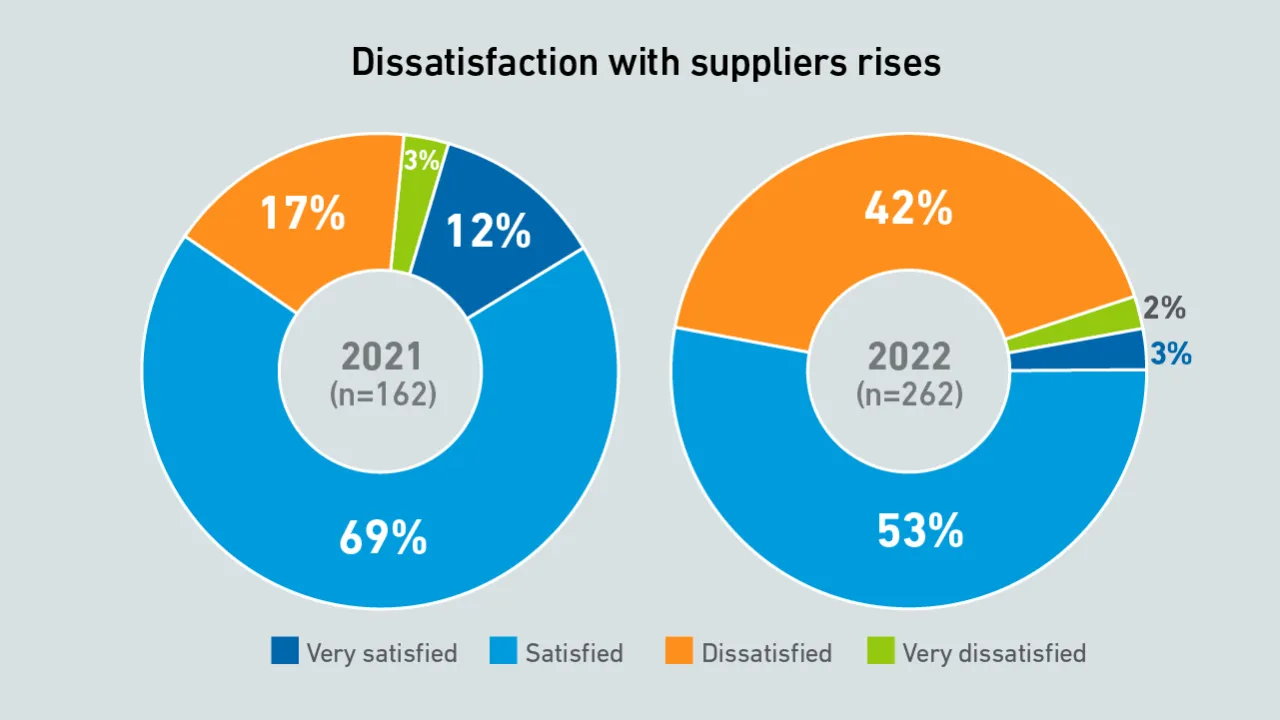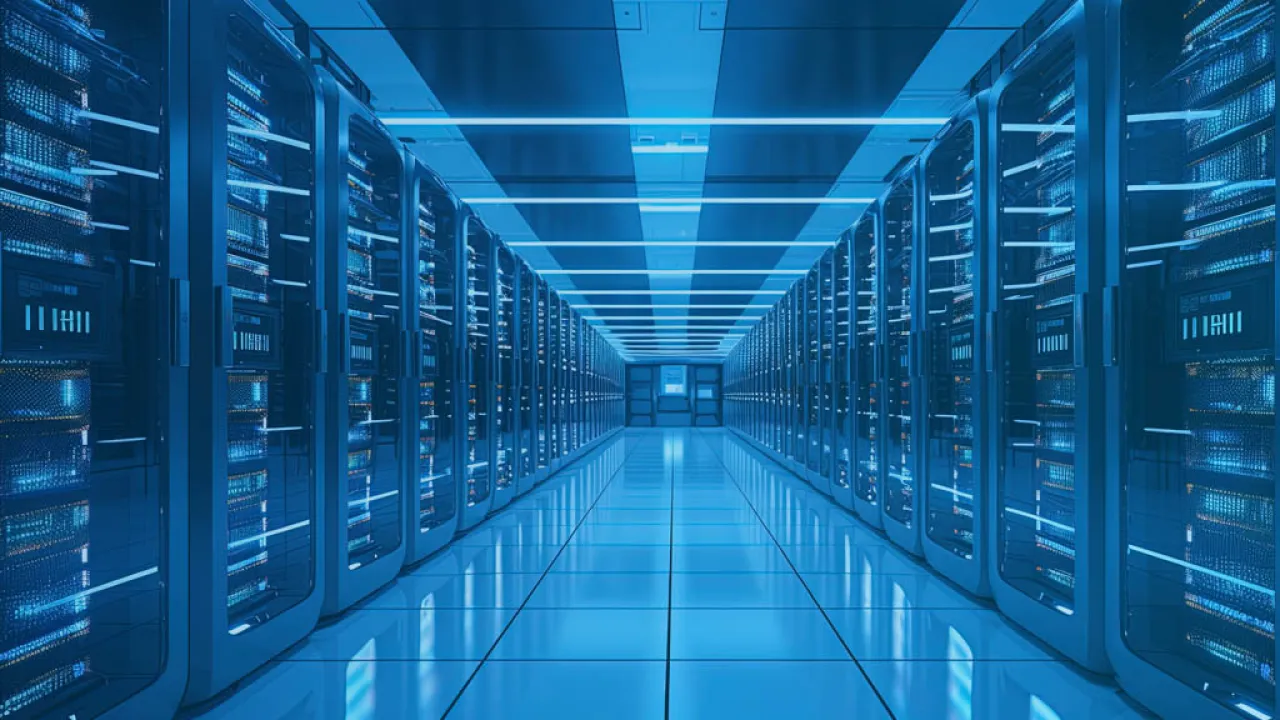Cloud providers divide the technologies that underpin their services into two ”planes”, each with a different architecture and availability goal. The control plane manages resources in the cloud; the data plane runs the cloud buyer’s application.In…
filters
Explore All Topics
This report shows how rising market concentration and poor visibility drive risk exposure, and explains why organizations should prioritize resilient single-cloud architectures before they consider dual-cloud implementations.
Join us for 2023’s annual benchmark review of the impacts, costs and changing types and frequency of crucial infrastructure failures. Outages remain a major industry concern despite improving technology and better management of availability. Uptime…
This Q&A brings together contributor/member questions and expert answers from a series of Uptime webinars held on the topic of sustainability and regulations and reporting in 2022.
Topics discussed include: the collection and management of greenhouse gas emissions data, the options for dealing with Scope 3 emissions and the procurement and reporting of renewable energy for both direct consumption and as offsets.
European countries narrowly avoided an energy crisis in the past winter months, as a shortfall in fossil fuel supplies from Russia threatened to destabilize power grids across the region. This elevated level of risk to the normally robust…
There is evidence that outage rates have been gradually falling in recent years. This report brings together and analyzes recent Uptime Institute data on IT and data center outage trends: their causes, costs and consequences.
This Q&A brings together contributor / member questions and expert answers resulting from the Uptime Institute Global Data Center Survey 2022. Topics discussed include: IT efficiency, sustainability, outages, supply chain issues and staffing.These…
For the past two years, Uptime has been tracking the progress of what is likely to be the most important legislation yet for data center sustainability and efficiency reporting. The European Energy Efficiency Directive (EED) will affect all but the…
Hyperscale cloud providers have opened numerous operating regions in all corners of the world over the past decade. The three most prominent — Amazon Web Services (AWS), Google Cloud and Microsoft Azure — now have 105 distinct regions (excluding…
This Q&A discusses the issues surrounding the improvement of IT system efficiency, including equipment definitions and efficiency, power management and systems-level software to optimize equipment utilization levels.
Uptime Intelligence finds that operators and vendors face major delays in the supply of equipment, and are increasingly dissatisfied with their suppliers.
Data center operators and IT tenants have traditionally adopted a binary view of cooling performance: it either meets service level commitments, or it does not. The relationship is also coldly transactional: as long as sufficient volumes…
More data center operators are establishing 7x24 goals for clean energy consumption, an approach that is consistent with Uptime Intelligence recommendations on clean energy procurement and goals. This webinar assesses the limits of a 7x24 commitment…
While the politicians argue, stakeholders in the US have been scouring the IRA's 274 pages for opportunities to capitalize on these lucrative incentives. Some of these will be substantial.
 Dr. Owen Rogers
Dr. Owen Rogers
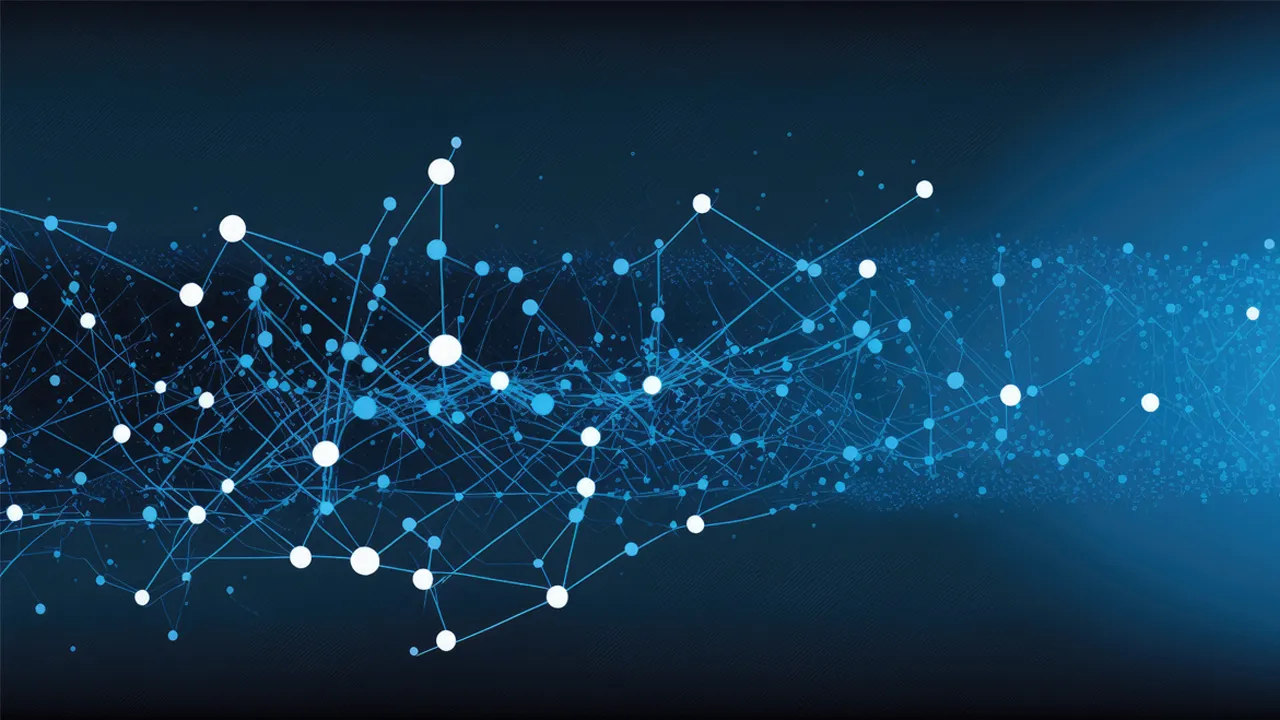
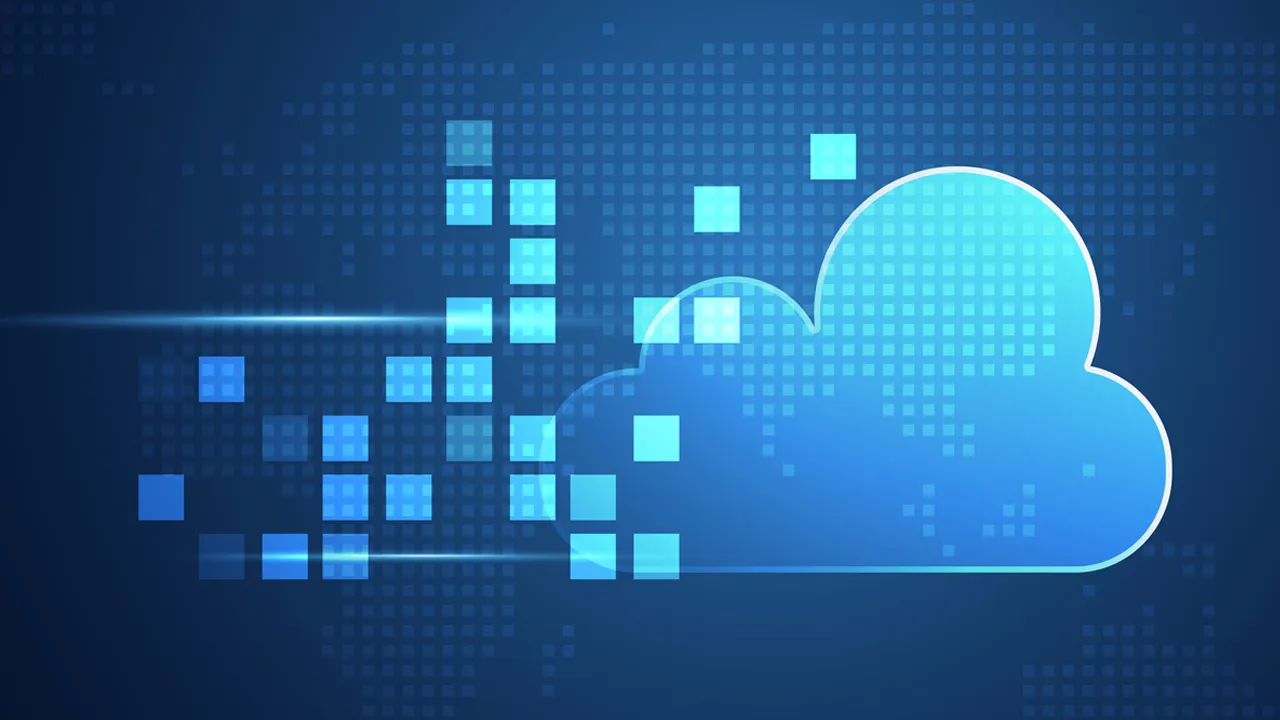
 Andy Lawrence
Andy Lawrence
 Chris Brown
Chris Brown
 Daniel Bizo
Daniel Bizo
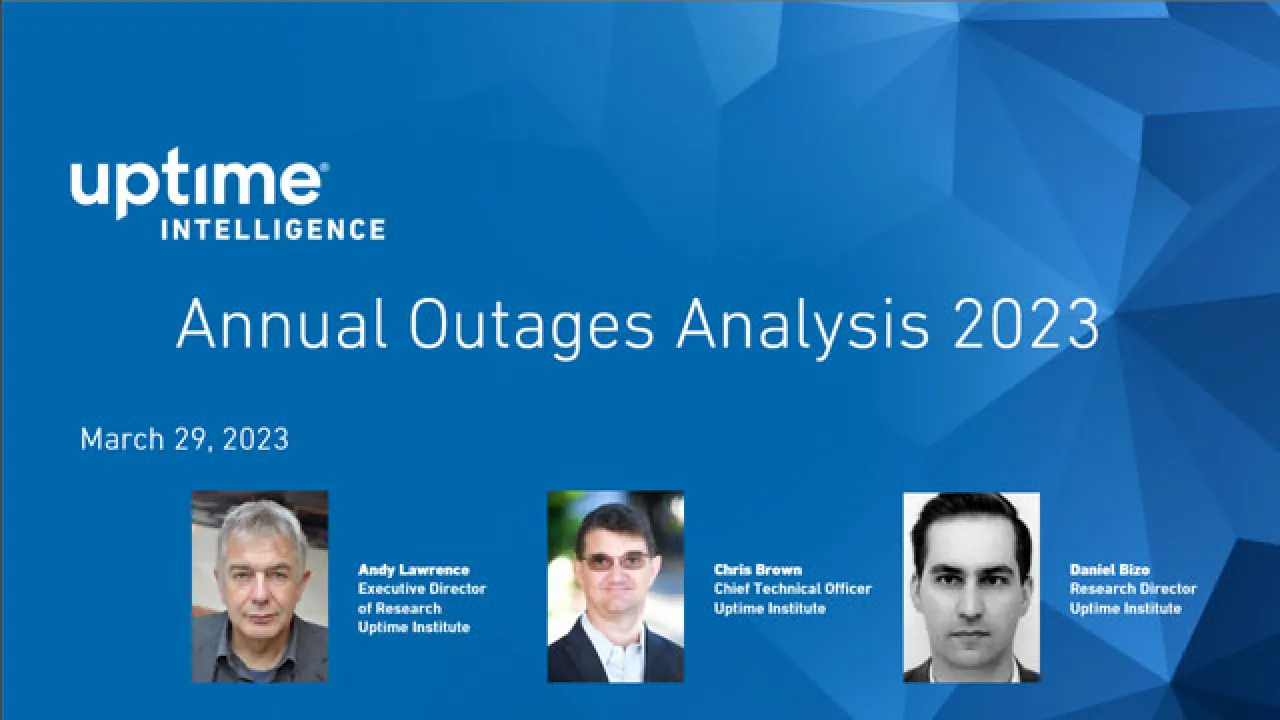
 Jay Dietrich
Jay Dietrich


 Max Smolaks
Max Smolaks
 Lenny Simon
Lenny Simon
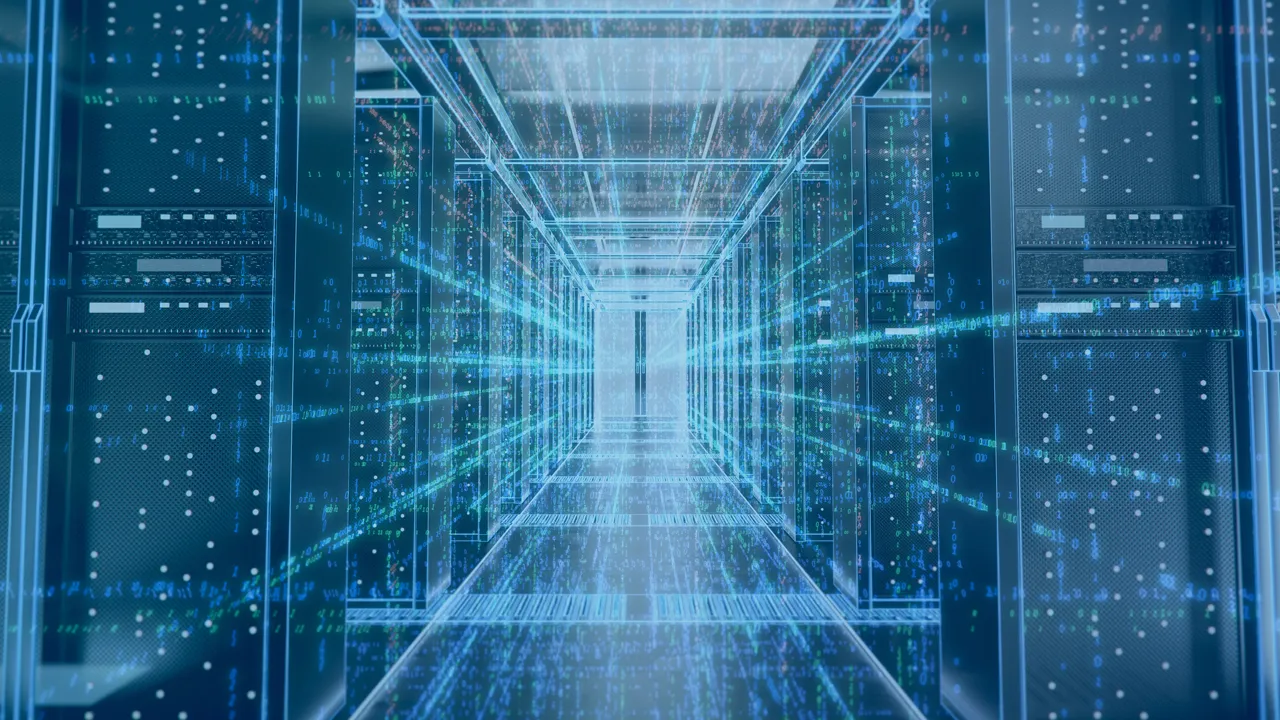




 Douglas Donnellan
Douglas Donnellan
